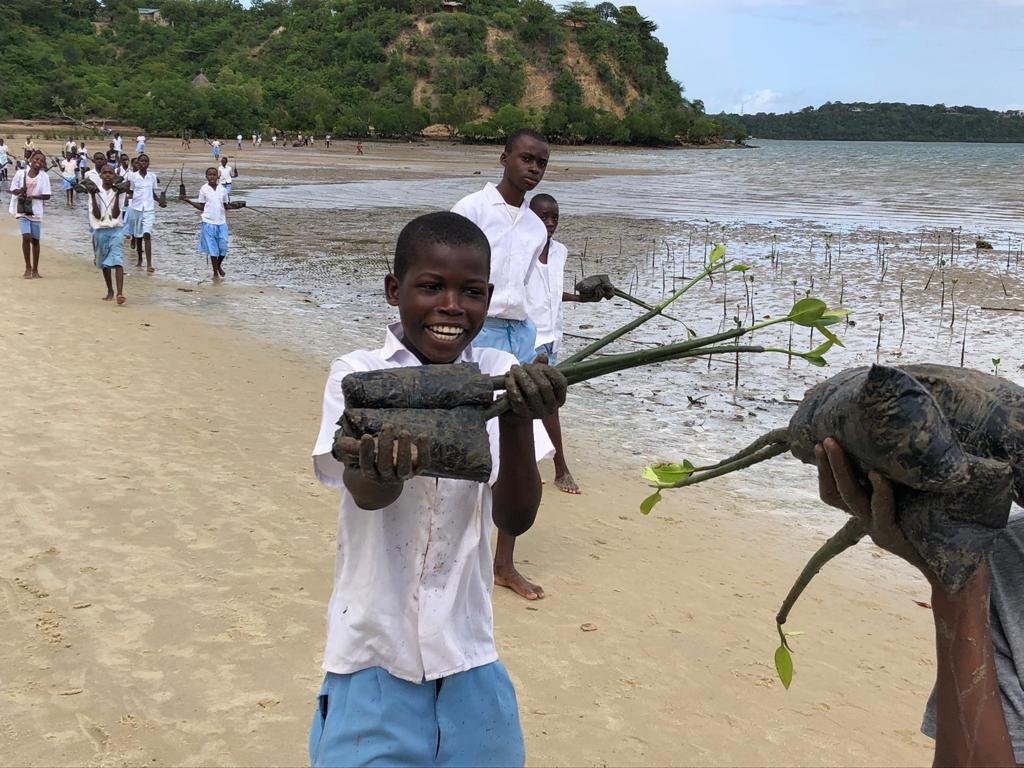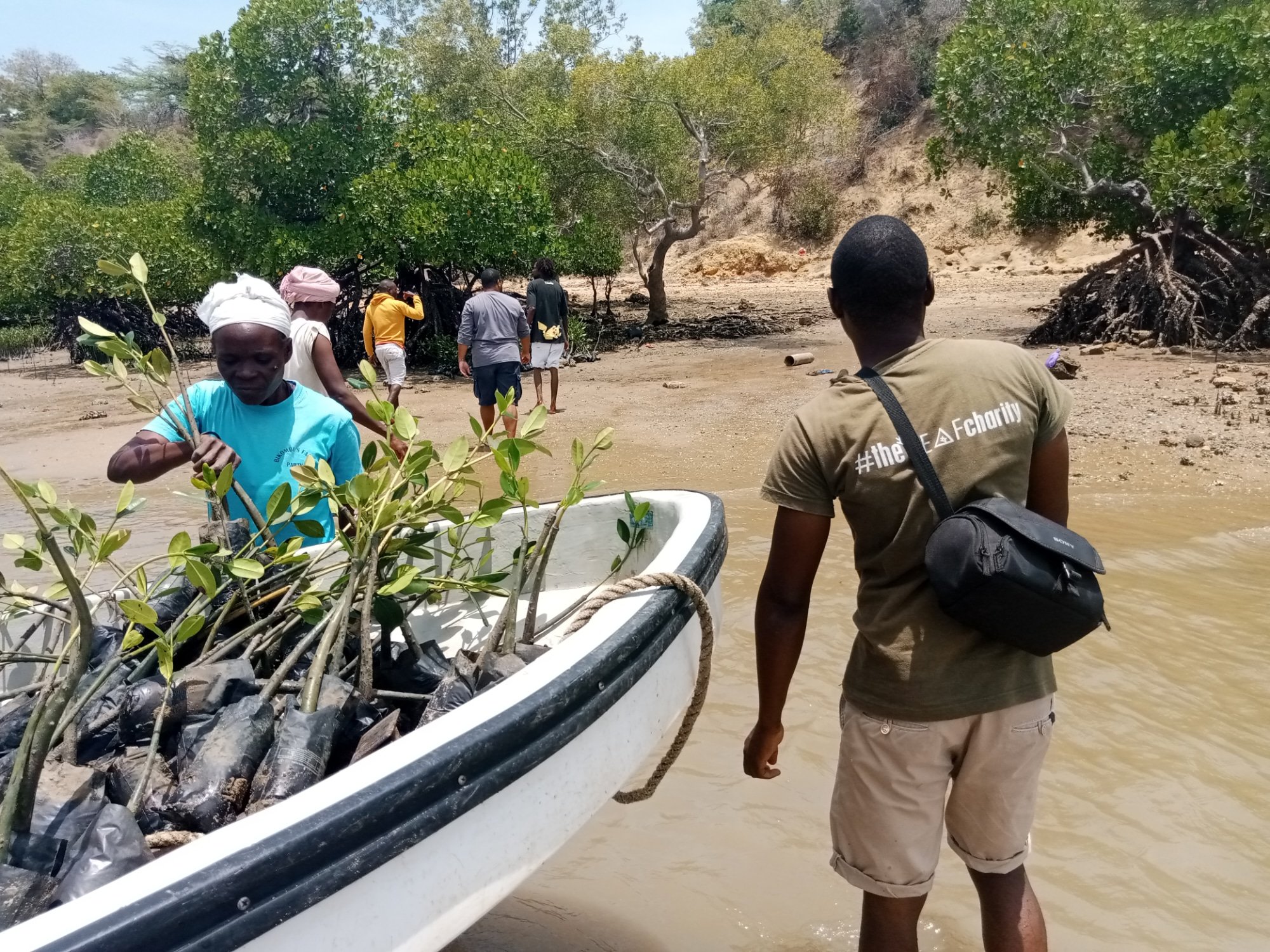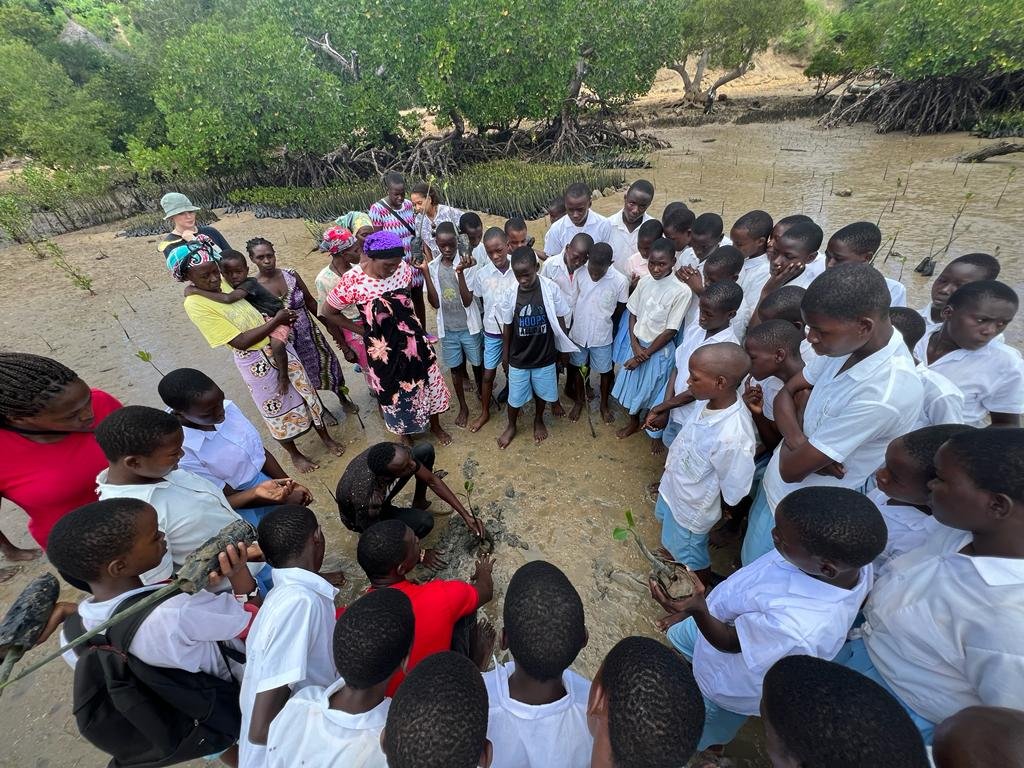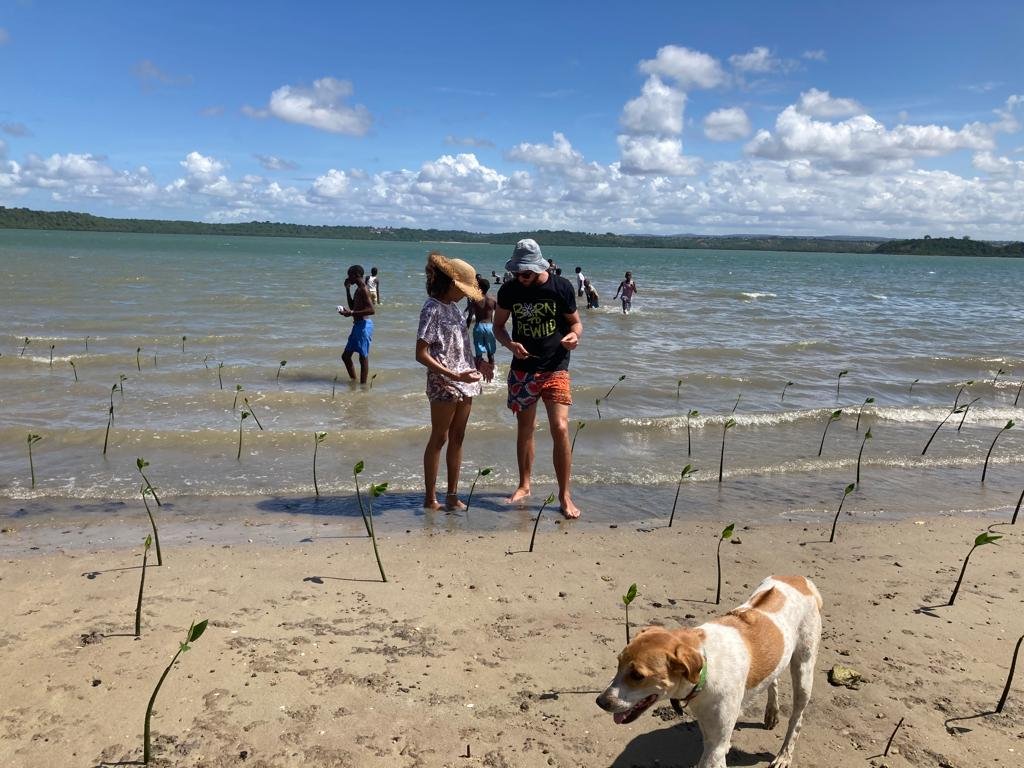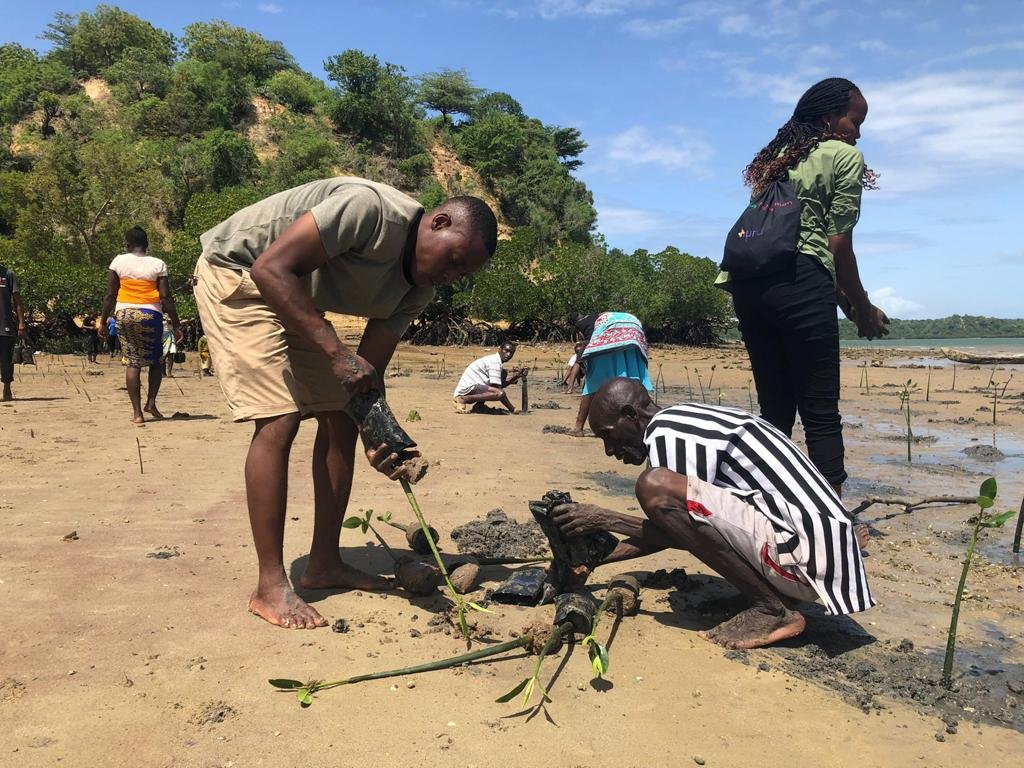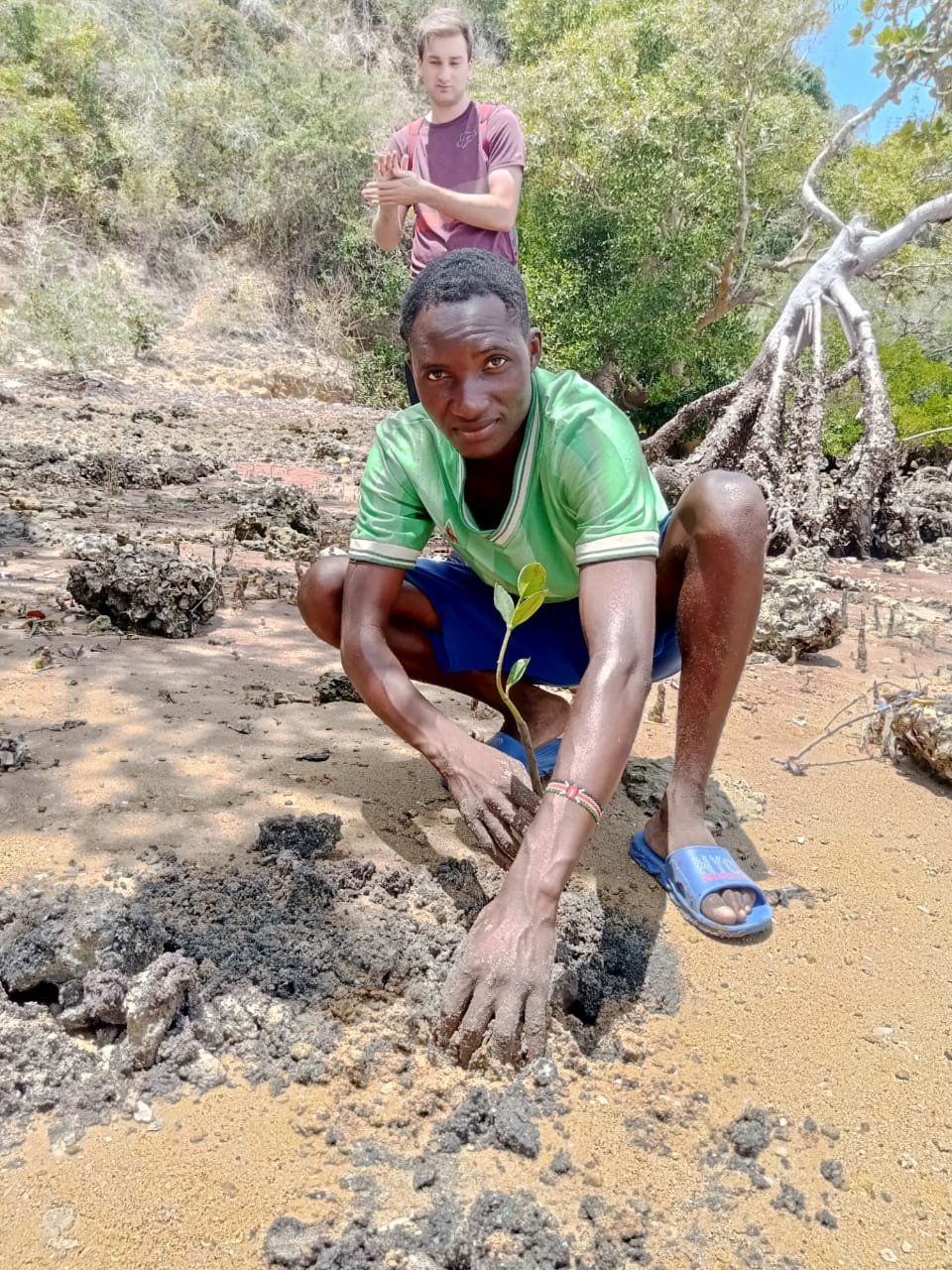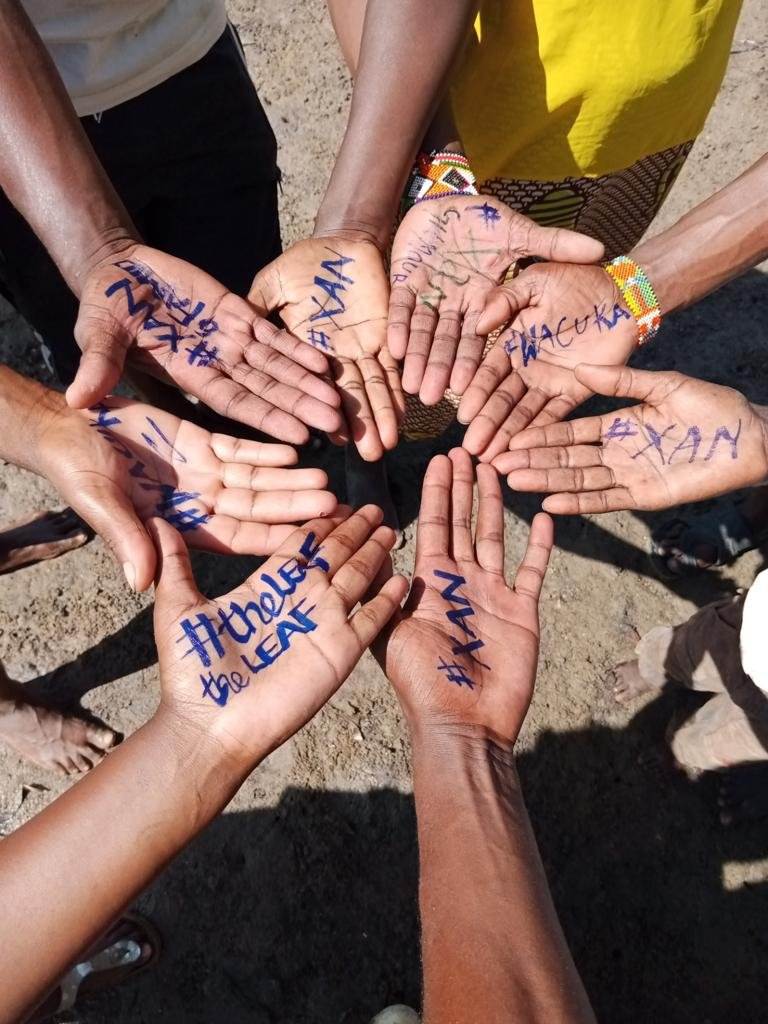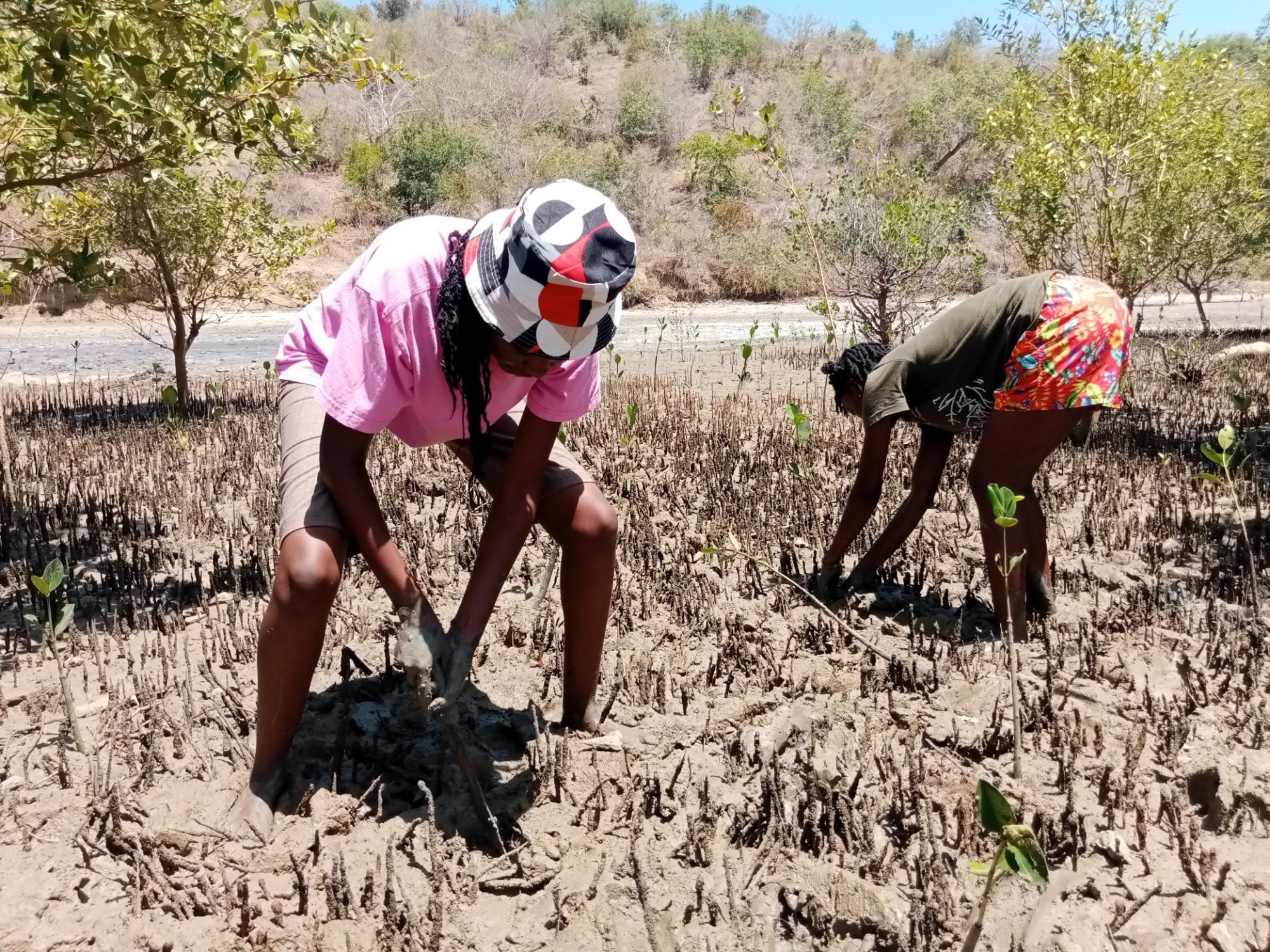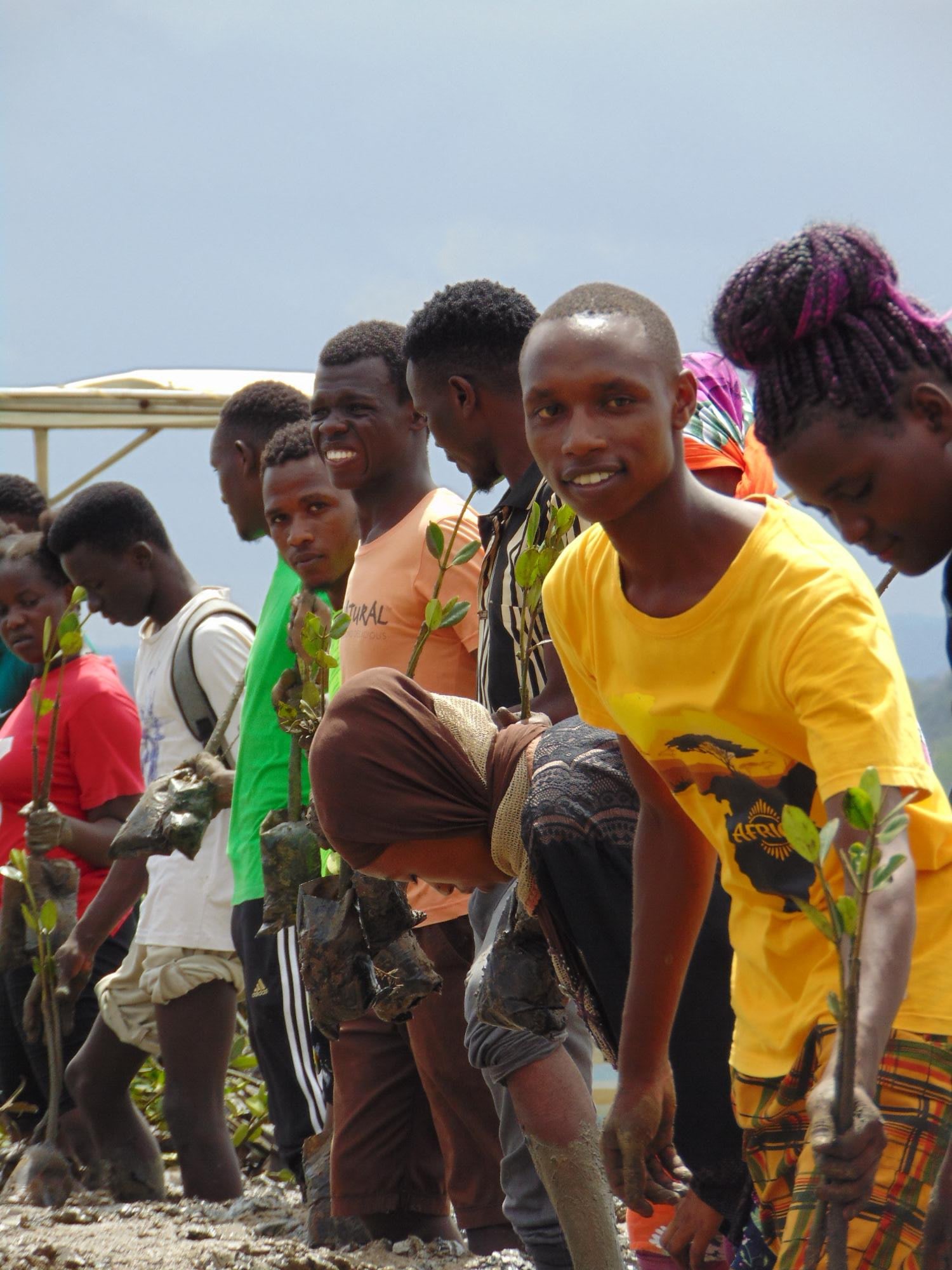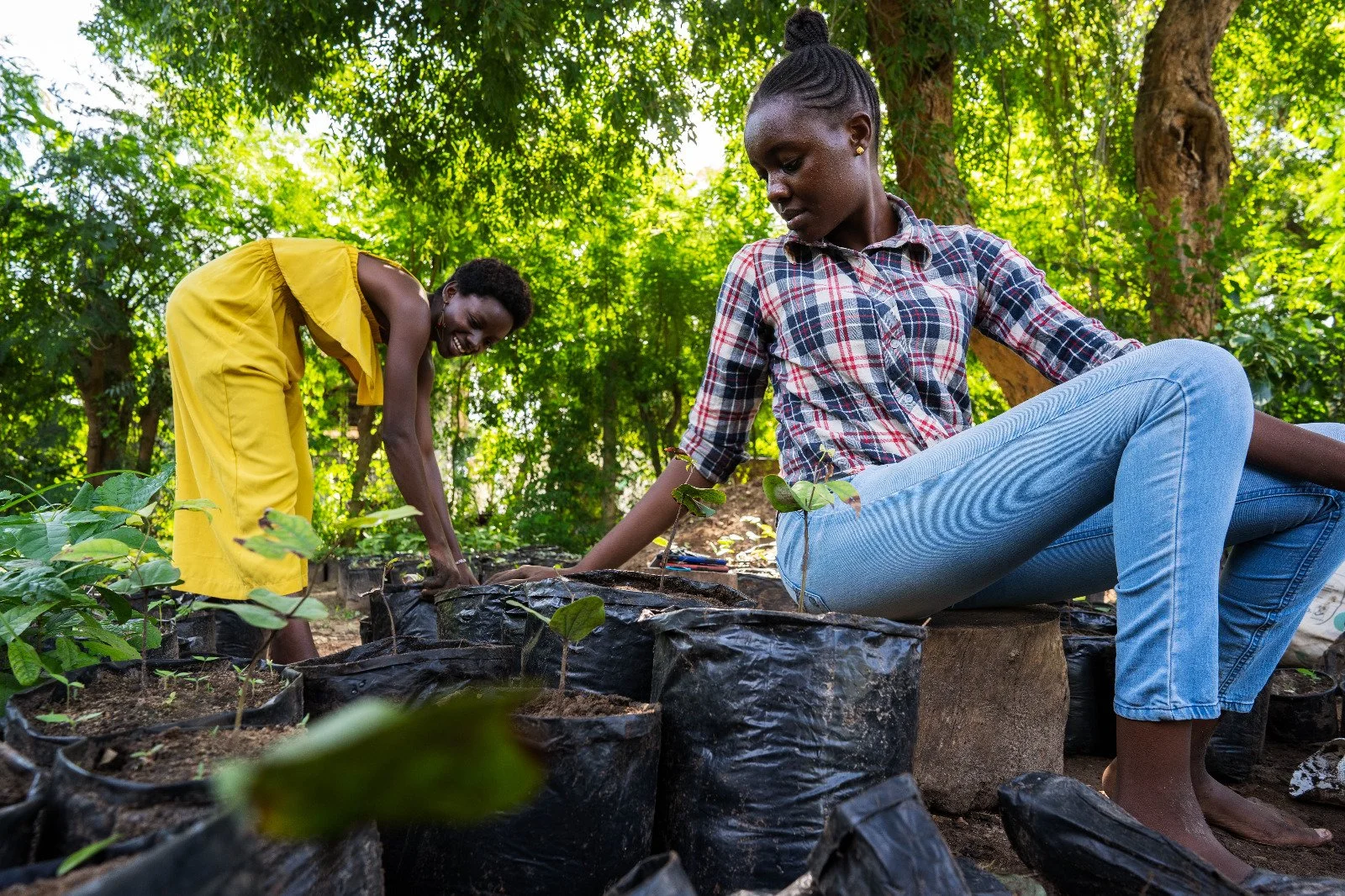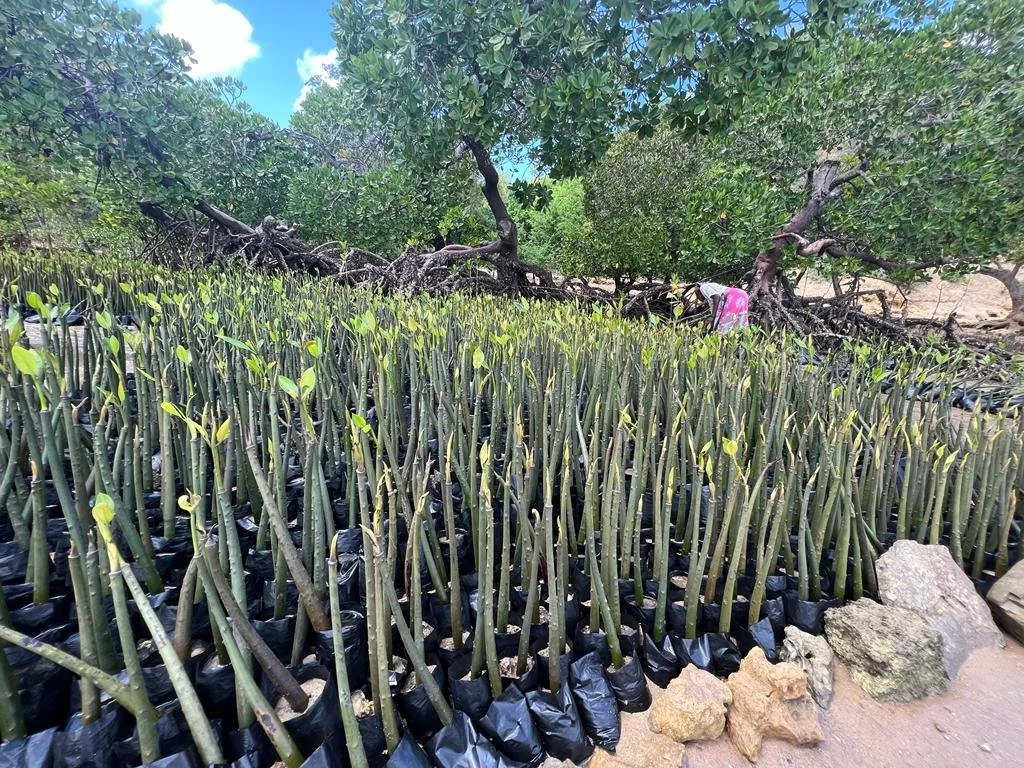The Challenges of Scaling Up Reforestation Efforts
The LEAF Charity’s ongoing Mangrove Project in Kenya, where we are planting 100,000 Mangrove trees
There is no greater satisfaction than a successful reforestation campaign. We’ve all heard the feel-good stories that are passed around worldwide media sites, especially those that involve celebrities of some kind. If Leonardo DiCaprio gets involved in a tree-planting initiative, chances are everyone will soon know about it. For most reforestation efforts though, gaining public momentum is extremely difficult. Here at The LEAF Charity, it is our mission to spread awareness about some of the exciting opportunities and projects we have ongoing, especially those in the East African coastal forest; a true biodiversity hotspot. While we may not have the same recognition as a celebrity-backed campaign, with our dedicated team of scientists, conservationists, and local communities we believe in the power of collective action and the impact it can have on the environment. In being a small charity, and though we are continuously growing, there are often challenges in scaling up these efforts, namely in obtaining proper resources and awareness to expand our initiatives.
Pwani, Kenya (The LEAF Charity)
The resources needed for most of our initiatives are substantial and go a long way. Think of our past success in breaking the East African tree-planting record in 2021, where 1000 trees were planted, to our current Mangrove project, with over 100,000 mangrove seedlings in our plans. Needless to say, these are projects that involve a great number of volunteers and monetary funds. Scaling up reforestation efforts is not easy, and some of the obstacles involved are that natural systems are always changing, which may be outside of our control. If these initiatives are to be accomplished properly and with great speed and ease, LEAF needs all the support we can get. For a young and small charity such as ours, different avenues for obtaining funds are hard to come by. While we have donors who have been generous, in order to expand and complete our projects there needs to be a growth in fundraising as well. For this reason, we at LEAF are always leading fundraisers and accepting your generous donations here.
Project Spotlight: The Importance of Mangroves
Mangroves, the unsung heroes of our planet. Often overlooked, these trees are incredibly valuable, playing a vital role in our ecosystem, both above and below the ocean surface.
Climate Regulation: Mangroves act as carbon sinks, absorbing large amounts of carbon dioxide from the atmosphere. By sequestering carbon, they help mitigate climate change and its adverse effects.
Coastal Protection: These unique ecosystems serve as natural barriers against storms, hurricanes, and erosion. Mangroves reduce wave energy, shielding our coastlines and communities from the destructive force of tidal surges.
Biodiversity Hotspots: Mangroves provide habitat and nursery grounds for an array of marine life, including fish, crustaceans, and birds. They support diverse ecosystems, fostering biodiversity and promoting the overall health of our oceans.
Water Filtration: Root systems of mangroves filter pollutants and sediments from water, improving water quality and ensuring the survival of marine species. They are efficient at trapping and removing harmful substances, acting as nature's own water treatment plants.
Livelihoods and Economic Benefits: Mangroves offer livelihood opportunities for countless communities around the world. They provide a sustainable source of income through fishing, tourism, and ecotourism activities, enhancing local economies and empowering communities.
Erosion Prevention: The intricate root systems of mangrove trees stabilize shorelines and prevent erosion. Their roots trap sediments, allowing land to build up and protect vulnerable areas from being washed away.
Adaptation to Climate Change: With rising sea levels and increasing storm intensity, mangroves play a crucial role in adapting to climate change. By adapting and surviving in low-oxygen, saline environments, they serve as examples of resilience and inspire our own efforts to adapt to a changing world.
Disappearing: More than 50% of the world’s Mangroves are gone, and more than 35% have disappeared since the 1980’s. At their current rate of decline and without support and intervention, Mangroves could disappear completely by the year 2100.
A Guardian: Mangrove forests provide protection for more than 340 threatened species globally. From juvenile fish and oysters, to eagles and tigers! These forests play a critical role for hundreds of species.
For our optimistic future goals, which are to expand to 10 territories and plant over 10 million trees by 2030, LEAF aims to increase its public awareness. Public’s attention is always tricky, which is why small charities and organisations tend to build over time through word-of-mouth and individual generosity. To scale up reforestation efforts, we need individuals who are willing to get involved. Our numerous volunteers and trustees have done so, contributing and pledging their individual efforts and talents to our various projects. If we at LEAF are to expand and meet our lofty goals, we need as much support as we can secure in spreading awareness. This can manifest itself in many ways, from sharing our website and our accomplishments, to subscribing to our newsletter below. There are a great number of challenges a small charity can face when scaling up reforestation efforts, but we at LEAF are confident that with our reader’s support, we can continue to grow and expand our environmental efforts that benefit humanity and biodiversity as a whole.

